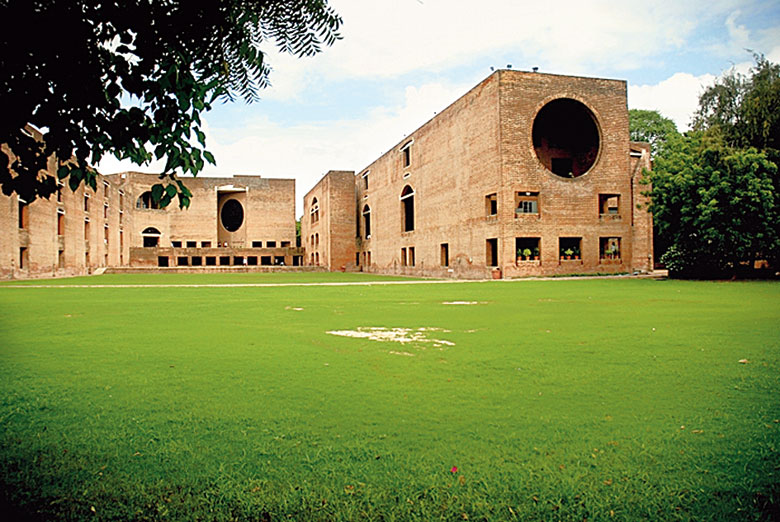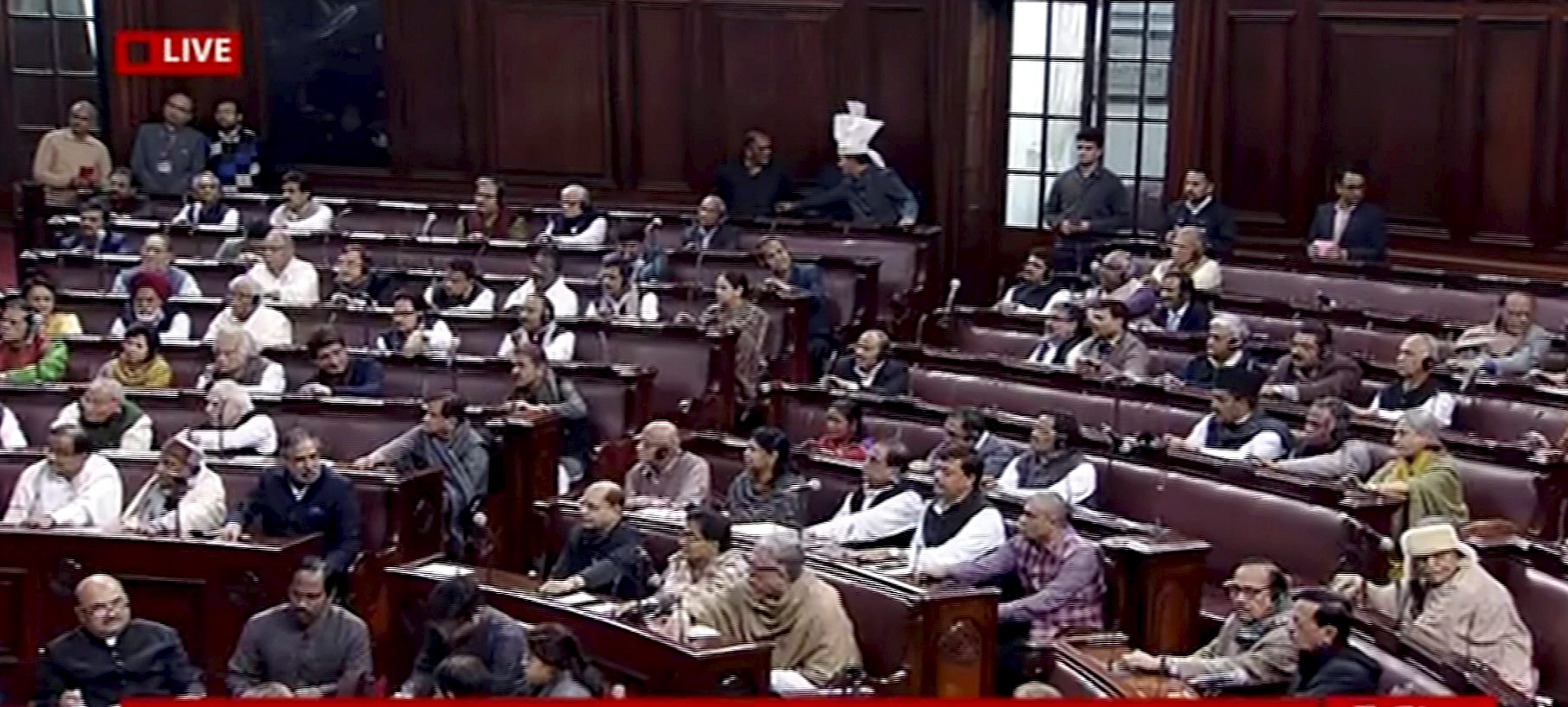This is a government in a hurry. The Bharatiya Janata Party-led government at the Centre first decided that economically weaker sections among upper castes would be given 10 per cent reservations, and ensured the necessary constitutional amendment by pushing the proposal through Parliament. Within a few days, the government further decided that private educational institutions would have to introduce the entire range of reservations, including the last one from the academic session beginning July 2019. Both plans have sprung from a sense of urgency before the Lok Sabha polls, particularly after the loss of three states among five in the latest assembly elections. The shocking lack of hard thinking behind them suggests that the number of votes is far more important to the ruling party than providing the underprivileged with access to education.
This becomes obvious once the problems surrounding the government’s latest decision are considered. Since the quota for economically disadvantaged upper caste students would be distinct from the seats reserved for the scheduled castes, scheduled tribes and other backward classes, while it would be mandatory for all colleges, universities and institutes to provide them, seats would have to be increased, reportedly to the tune of 25 per cent. Where would the money come from? While the Centre has promised some help to Central institutions, how will the states manage? It might be noted in passing that the states were not consulted before the decision was made, but that is not new as far as this government is concerned. If private institutions increase their fees to cover this expense, how will economically backward quota students, given the already high fees of these places of study, take admission there? Analysis reduces the plan to absurdity. Recruiting greater numbers means not just seats, literally, but more teachers, more classrooms, bigger hostels, at the very least. Can teachers start sprouting at the whim of the government, or, more to the point, is learning not the issue at all? The problem with this kind of desperate last-minute populism is that it undermines not just the foundational principles that hold the country together — constitutional directives, for example — but also basic good sense. The expansion of quotas into spheres and percentages expressly forbidden by the Constitution threatens to make affirmative action meaningless and education a hollow concept.











